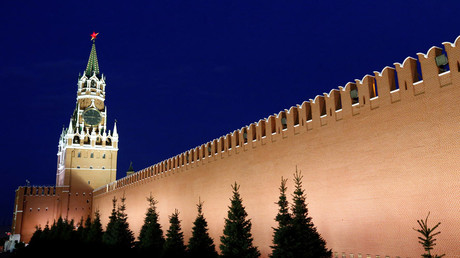“You can have an OPEC without Saudi Arabia, which just isn’t much of an OPEC,” said the analyst, adding that the death of the oil cartel had been foretold long ago.
READ MORE: Moody’s downgrades Saudi Arabia
The Saudi long-term plan aims to minimize the kingdom’s reliance on oil revenue, easing the necessity to manage prices. The potential privatization of Saudi Aramco will make the country the only member of the group without full ownership of its national energy company.
“Saudi Aramco, and the presumption that there’s going to be a much higher degree of autonomy within Saudi Arabia – means there’s no real role for OPEC,” said Citigroup’s Kleinman.
The country’s relationship with OPEC may also be revamped by the first change of energy ministers in two decades.
“The main take-away from Saudi Vision 2030 is that there’s just no role for OPEC,” the expert noted.
Earlier this month, the CEO of Russia’s Rosneft Igor Sechin said OPEC had practically stopped existing as a united organization, able to dictate its will on the market.
“The 1970s, when the larger Middle East producers could determine the global oil market by creating cartel structures such as OPEC, should be forgotten,” said Sechin.
The group failed to come to an agreement on production cuts when oil prices began plunging. Gulf States led by Saudi Arabia refused to freeze output, choosing to compete for market share instead. While Venezuela, Algeria, Angola and Ecuador favored supply cuts.
The next OPEC meeting is scheduled for June 2 at its headquarters in Vienna.
Article source: https://www.rt.com/business/344212-saudi-arabia-no-opec/?utm_source=rss&utm_medium=rss&utm_campaign=RSS
